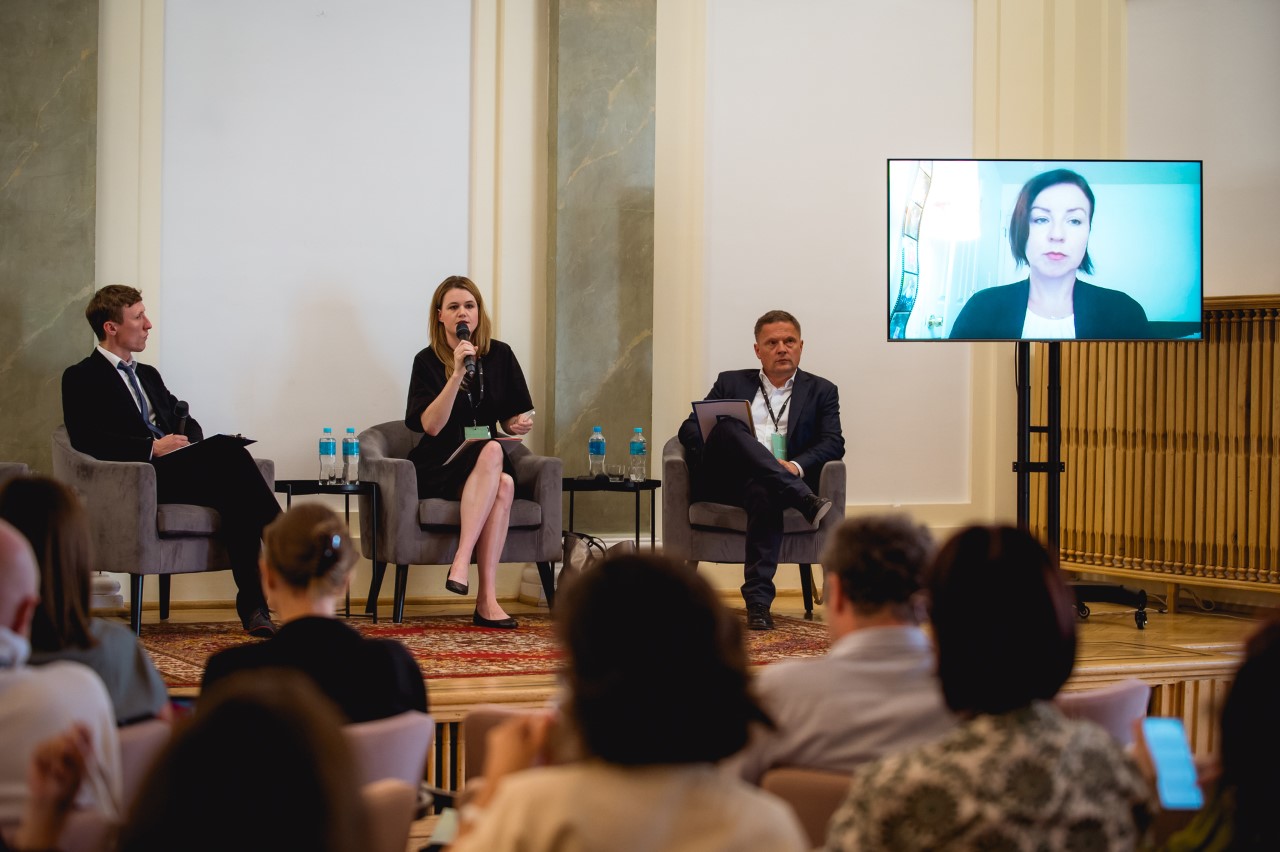From August 2-3, the Pilecki Institute in Warsaw invited teachers, scholars and multipliers of history education to their international conference 'Doomed to Repeat? Challenges of History Teaching in the 20th Century'. The director of the ENRS, Rafał Rogulski, was invited to present and discuss the organisation’s perspectives and contributions to history education about Communism between the East and West.
As the title of the conference indicates, the panels and roundtables addressed the totalitarian regimes of the 20th century and their continuing challenges to national identities, history politics, and -education. What does teaching history about both Communism and Nazism mean today? What or how should we think about shared and dividing places of memory? Can education lead us to dialogue and even reconciliation? If so, at what point and by what means? Finally, can these insights from the past help us understand and respond to new challenges, especially the Russian attack on Ukraine, which is not only directed against its territory, but also targets its identity and cultural heritage?
The ENRS director discussed the significance of education about the communist past on the second panel with Milda Mataciunaite-Boyce, director of the Fellowship Programs at the Victims of Communism Memorial Foundation in Washington D.C., and Dorrotya Baczoni, director of the Institute of the Twentieth Century in Budapest. Rafał Rogulski pointed out the responsibility to educate about the communist regimes and crimes alongside Nazism, also to counter dangers to democratic societies today. Similar to the activities of the Pilecki Institute, the ENRS projects such as the annual campaign for the International Day of Remembrance of the Victims of Totalitarian Regimes on August 23 or the online platform "hi-storylessons.eu" are important steps in this long-term project to open Eastern European experiences to others by offering sources for common learning and understanding, Rogulski explained.
During the following panels, experts and multipliers of historical education discussed their approaches to dealing with different memories, narratives and misinformation about past totalitarian eras. The participants enriched these debates with their regional expertise on the possibilities of teaching history, especially in border regions, e.g. in de cases of Ukraine-Poland, Germany-Poland, Azerbaijan-Armenia and the Israeli-Palestinian conflict. The insightful and fruitful debates ended with emphasizing joint efforts in reconciliation processes around the politics of memory and underlining the significant but challenging role of historians and educators in the ongoing Russian attack on Ukraine.
written by Lara Nagel
